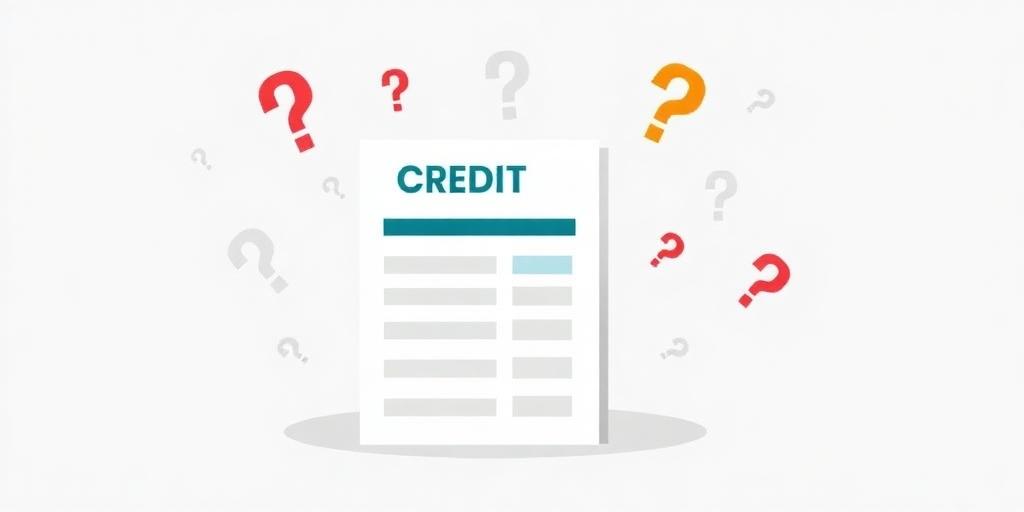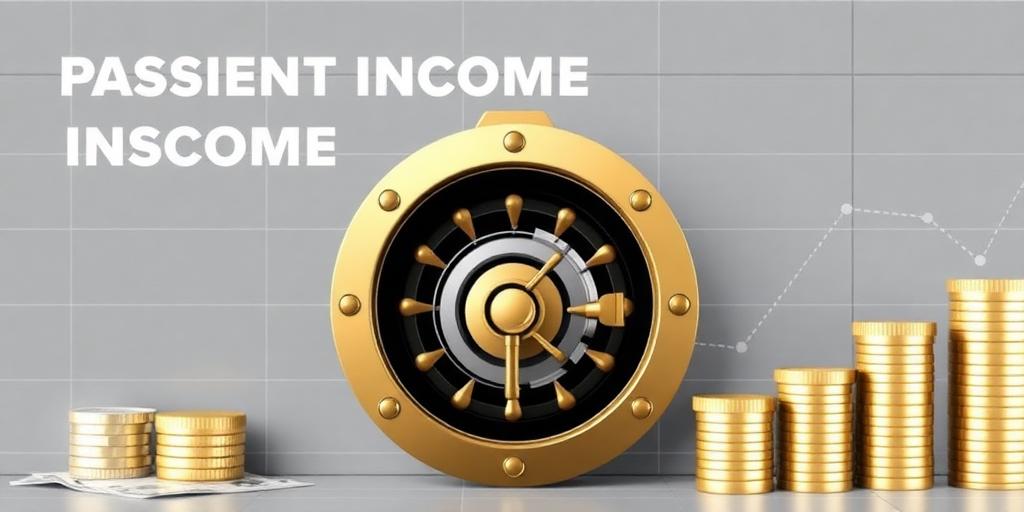Common Myths About Credit Scores: Separating Fact from Fiction
Credit scores are a fundamental part of financial health, influencing everything from loan approvals to interest rates. Unfortunately, numerous myths surround them, leading to confusion and potentially harmful financial decisions. This article aims to debunk these common misconceptions and provide clarity on what truly affects your credit score.
Myth 1: Checking Your Own Credit Score Hurts It
The Truth: This is perhaps the most pervasive myth. Checking your own credit score is a 'soft inquiry' and does not impact your score. Only 'hard inquiries,' which occur when a lender checks your credit as part of a loan application, can slightly lower your score. You are entitled to free credit reports from each of the major credit bureaus annually, so take advantage of them!
Myth 2: Closing Credit Cards Improves Your Credit Score
The Truth: Closing credit cards, especially older ones with high credit limits, can actually harm your credit score. A significant factor in your score is your credit utilization ratio – the amount of credit you're using compared to your total available credit. Closing a card reduces your overall available credit, potentially increasing your utilization ratio and negatively impacting your score. It's generally better to keep old accounts open, even if you don't use them, provided there are no annual fees.
Myth 3: Credit Scores Are Only About Debt
The Truth: While debt repayment history is a major component, credit scores also reflect how responsibly you manage credit. Factors like the length of your credit history, the types of credit accounts you have (credit cards, loans, etc.), and your payment consistency all play a role. A mix of credit types and a long history of on-time payments demonstrate financial responsibility.
Myth 4: Income Affects Your Credit Score
The Truth: Your income is not a direct factor in calculating your credit score. Credit scoring models assess how you manage the credit you have, regardless of your income level. However, income can indirectly influence your ability to repay debts, which, in turn, affects your credit score.
Myth 5: Paying Off a Debt Erases It From Your Credit Report
The Truth: Paying off a debt is a positive step, but the payment history remains on your credit report for several years. Positive payment history strengthens your credit score, but even negative information, like late payments, stays on your report for a period of time (typically 7 years). This is why consistently paying bills on time is crucial for long-term credit health.
Myth 6: Everyone Has the Same Credit Score
The Truth: Each person has a unique credit history and, therefore, a unique credit score. Your credit score is based solely on your own credit behavior. It is not influenced by the credit scores of family members, friends, or anyone else.
Conclusion
Understanding the truth behind these common credit score myths is essential for making informed financial decisions. By dispelling these misconceptions, you can take proactive steps to build and maintain a healthy credit score, unlocking access to better financial opportunities.









